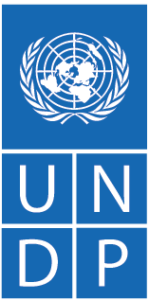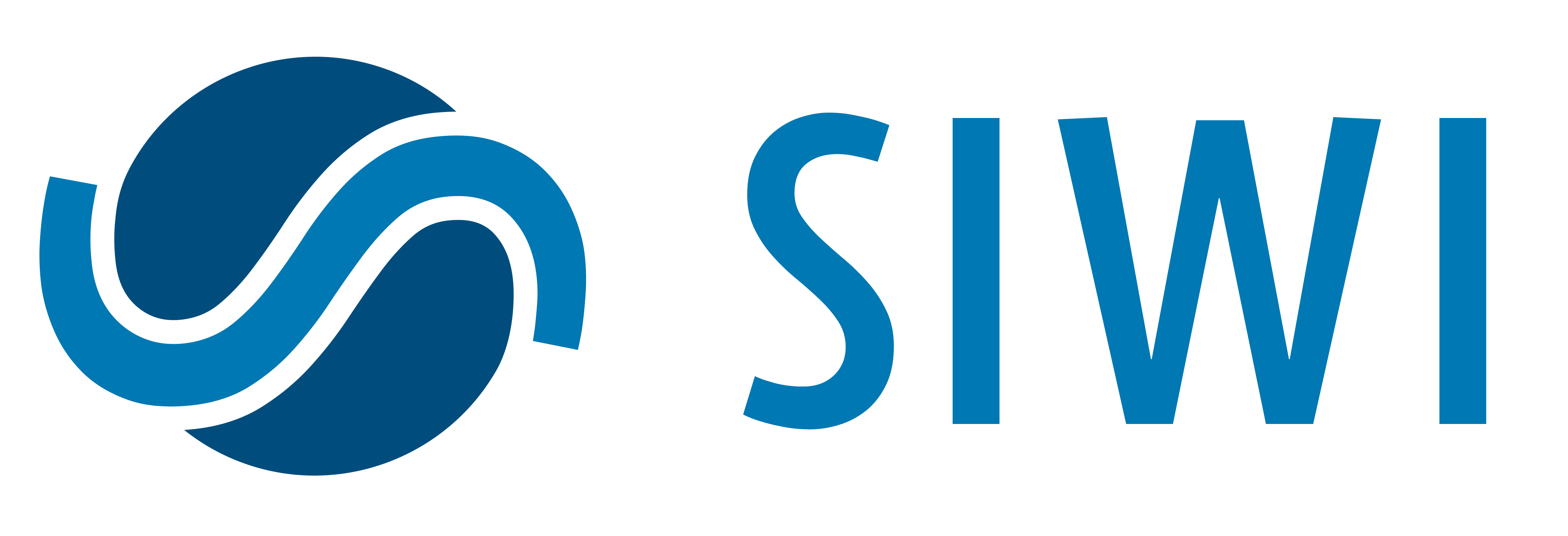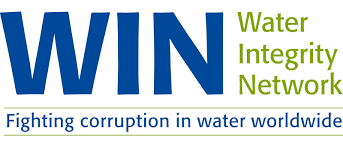Integrity basics: Understanding Corruption in Water and Sanitation






About this Course
This online self-paced course revisits the main principles and concepts of water integrity, as an essential component for good water governance and sustainable water and sanitation services.
It aims to enable participants recognise the need for incorporating water integrity, transparency, and accountability in their regular work within the water sector, as much as strengthening national institutions to achieve the 2030 Sustainable Development Goals (SDGs).
The course offers an insight into the impacts of corruption and poor integrity in the water and sanitation sector and provides initial orientation for the practical application of integrity in the daily life of water professionals.
This course covers the main definitions and elements of water integrity. It will be followed with subsequent courses which will cover specific areas of attention and implementation of tools and actions for turning the principles into effective practices.
Sponsored by a partnership of international development organisations, the course is free. Gender balance is very important for all course partners, we especially encourage women to participate in this course.
Objectives
By the end of the course participants will:
- Understand the concept and elements of integrity and anti-corruption within the framework of water governance and water and sanitation services.
- Understand the interplay between integrity and good governance, and how integrity and Transparency, Accountability, Participation, and Anti-corruption (TAP-A framework) can improve water governance.
- Recognise some of the drivers and impacts of corruption in the water sector and identify integrity risks (vulnerable areas for corruption).
- Understand the need for effective changes as water integrity acts as enabler to all Sustainable Development Goals, especially Goals 6 and 16 and other water-related agreements.
- Have access to useful up-to-date materials in support of specific subject areas for water integrity.
- Have an orientation on the way forward to acquire the necessary skills, tools, and factors to accelerate the pace for water integrity and reduced corruption in the water sector.
Participants
Who should take this course
The course is open to participants representing various stakeholder groups who are interested to actively follow the course, participate in all activities, and complete all modules:
- stakeholders and professionals; members of civil society, river basin and international organisations; private sector; media; youth movements;
- decision makers, policy makers, regulators, and high-level professionals and managers active in governmental bodies;
- university students, professors and researchers active in the fields of water integrity, sustainable water management, Integrated Water Resources Management, Human Rights Based Approaches, WaSH, amongst others.
Contents and course structure
Each module covers mandatory readings which are complemented by additional resources: videos, web sites, and suggested readings. Participants are invited to share their experiences, questions, and to interact with their peers in rich forum discussions in each of the modules.
Answering the multiple-choice questions is a prerequisite to completing each module and advancing to the next module.
- Module 1:Introducing key concepts of integrity and corruption
- Module 2: Integrity as a cornerstone of good water governance
- Module 3: Integrity tools and approaches: getting down to work
Course approval criteria and certificate
As a self-paced course, participants are welcome to cover the contents modules according to their own timing.
Answering multiple-choice questions at the end of each module is a condition to move on to the next module, completing the course, and receiving a course certificate. Participants have up to three chances to obtain at least 60% correct responses, and in all cases the platform will indicate the wrong answers.
Certificate
After completing the 3 modules, participants are invited to answer a short feedback survey of the course. Once this survey is answered, participants may download their certificate. Participation in the course, as well as the download of the certificate, has no cost for the participants.
What people say about the course
"Being a water professional who is into designing of treatment process and analysis, this course gave me a different perspective on how water integrity can be achieved and stop corruption in an organisation which is very important when tackling SDGs and water is the epicentre of it."
- Course Participant, UAE
"[The course concepts] were an eye opener for me as a WASH specialist in a rapidly developing economy - in a country facing rapid population growth, un-planned urbanisation and climate change and the pressure all these facets place on water, sanitation and hygiene services."
- Course Participant, Kenya
"I could never expect that I would get in touch with this big ocean of knowledge in Water and Sanitation."
- Course Participant, Canada
"The course is very important to be taken by professionals working in the WASH sector."
- Course Participant, Ethiopia
![]() Language: English.
Language: English.
![]() Structure: 3 modules.
Structure: 3 modules.
![]() Level: Introductory.
Level: Introductory.
![]() Content: readings, videos, forums.
Content: readings, videos, forums.
![]() Time: 16 hours.
Time: 16 hours.
![]() Total time dedication: 3-4 weeks.
Total time dedication: 3-4 weeks.
![]() Institutions: Cap-Net, UNDP Water Governance Facility at SIWI, Water Integrity Network.
Institutions: Cap-Net, UNDP Water Governance Facility at SIWI, Water Integrity Network.
![]() Certification: upon approval of quizzes at the end of each module.
Certification: upon approval of quizzes at the end of each module.
